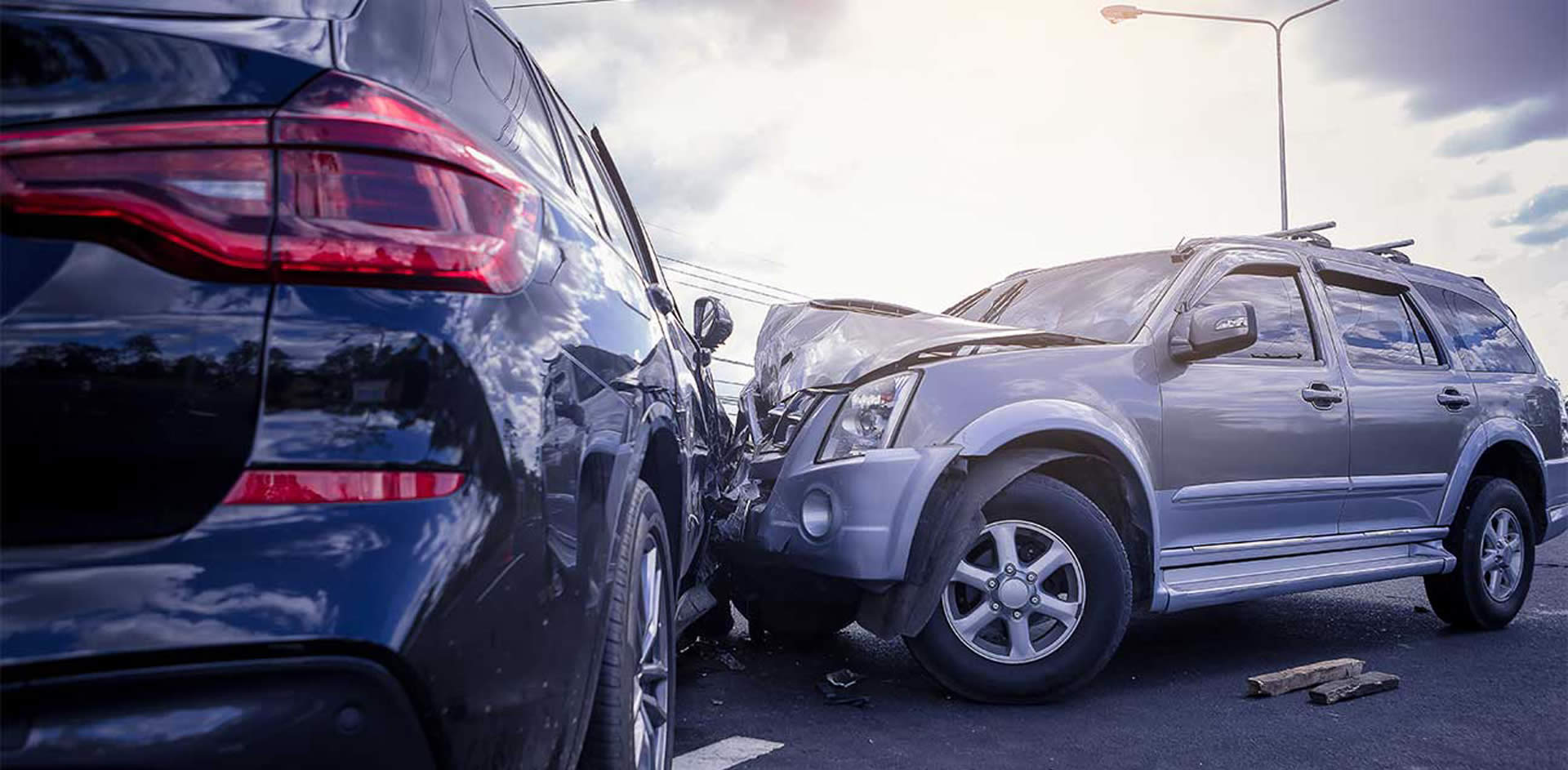
In 2020, 98,778 car crashes killed 1,057 people and injured 41,350 in Arizona. After a car accident, those involved are likely overwhelmed and confused. It might be challenging to know what to do or say. Some of the more common questions asked by people involved in a car accident in Arizona are answered below.
What are the Causes of Car Accidents in Arizona?
The overwhelming cause of car accidents nationwide is due to driver error or negligence. We could blame 94% of the traffic deaths on the driver rather than road conditions or a problem with the car's equipment.
The Top five causes of driver error in Arizona are:
| Speeding | 15.81% |
| Failure to yield Right-of-Way | 8.76% |
| Distracted Driving | 6.46% |
| Following Too Closely | 2.95% |
| Driving Under the Influence | 2.88% |
If you do not report the car accident to the police, you might be charged with misdemeanor hit and run. The hit and run charge is serious and could result in your license being suspended, paying expensive fines, and time in jail. Additionally, you could lose insurance coverage for the accident if you don’t notify your auto insurance company soon after.
In Arizona, drivers in a car accident that resulting in injuries or death are required by law to notify police within 24 hours. Insurance claims can go forward without the police report. It helps speed up the claims process, but it won’t prevent the claim from being processed.
Insurance companies want to know who the at-fault party is to decide which insurance carrier will cover damages. A police report is the official account of the accident. The report includes whether police cited anyone, eyewitness accounts, the officer’s opinion of how it happened, and any on-the-scene evidence.
Without the police report, the how and why of the accident becomes your word against the other driver. The report provides an objective third party’s view (the police officer) of what the scene of the accident looked like and who was likely at fault for the accident.
The other driver might decide to file a claim against you for medical expenses or vehicle damage after the accident. Without a police report, it may be challenging to prove you were not at fault. A police report serves as a helpful piece of evidence because it can include the testimony of witnesses to the accident.
Arizona follows "pure comparative fault" when both parties share blame for the accident. For most car accident cases, based on the evidence, the jury is asked to calculate: The total dollar amount of the plaintiff's damages and percentage of fault belonging to each party. Under pure comparative fault, the plaintiff's damages award is reduced by a percentage equal to their share of fault.
You are permitted two years from the accident date to file a lawsuit against the at-fault party.
The insurance carrier handling the claim determines if it is worthwhile to replace a damaged vehicle by compensating the victim for the car’s total value or whether it would cost less money to repair it. The decision depends on repair costs along with the value of the vehicle.
Do not accept payment or sign a release until your doctor has cleared you. If you accept the check, it could appear you are settling the claim. Insurance companies use several tactics to settle cheap and quickly. personal injuries require more treatment, you could lose the opportunity to get fair compensation.
If the driver is uninsured, you might be able to recover compensation under your insurance or a third party, such as the other driver’s employer if the driver was “on the clock” when the accident occurred. Claiming damages after a car accident can be a complex process. Know your rights.
No. You have no obligation to speak with the other insurance company. Despite what the other insurance company may say to you, they cannot do anything if you do not talk to them.
The other insurance company is not on your side and will use your words against you. Their focus is to gain as much information as possible that they can use to defend against your claim.
If you are one of many people injured in Arizona car crashes, you may be entitled to damages from the person or persons who caused the accident. Speak to an experienced Arizona car accident lawyer to protect your rights and pursue compensation.
back